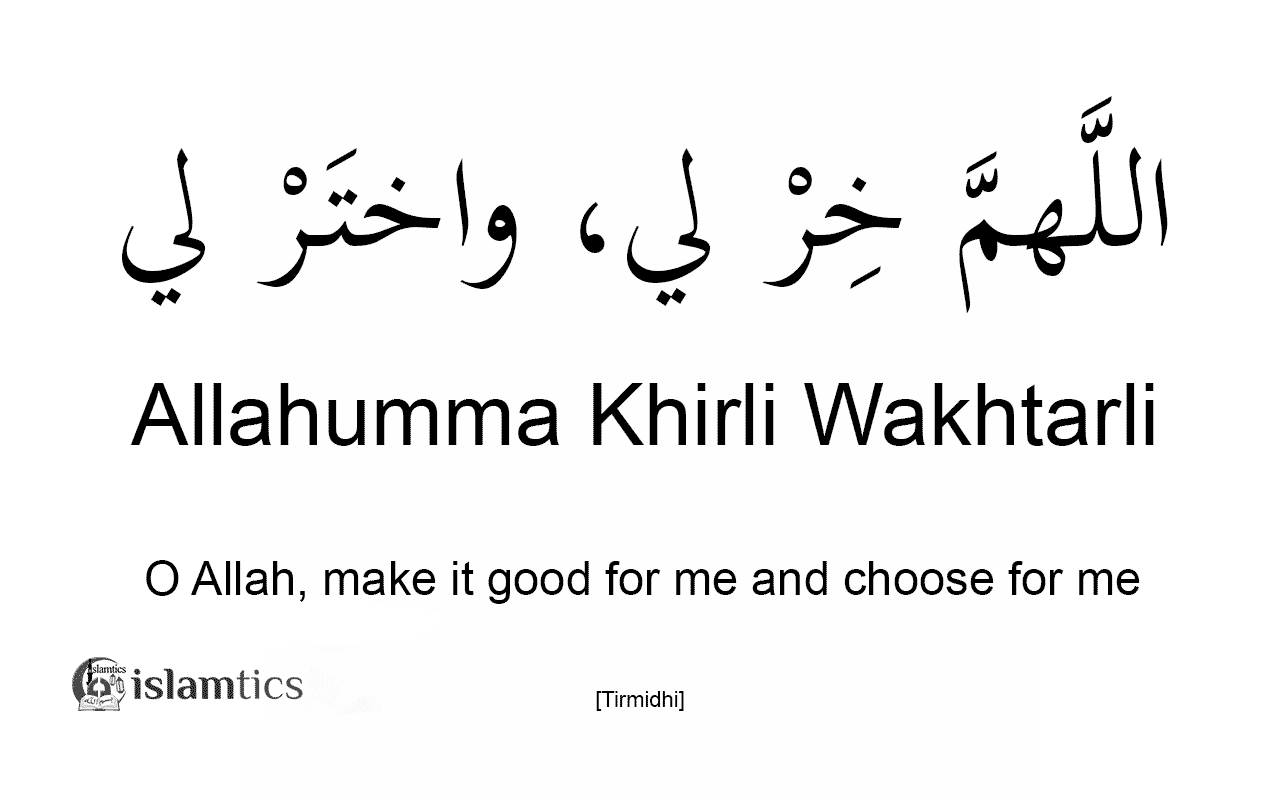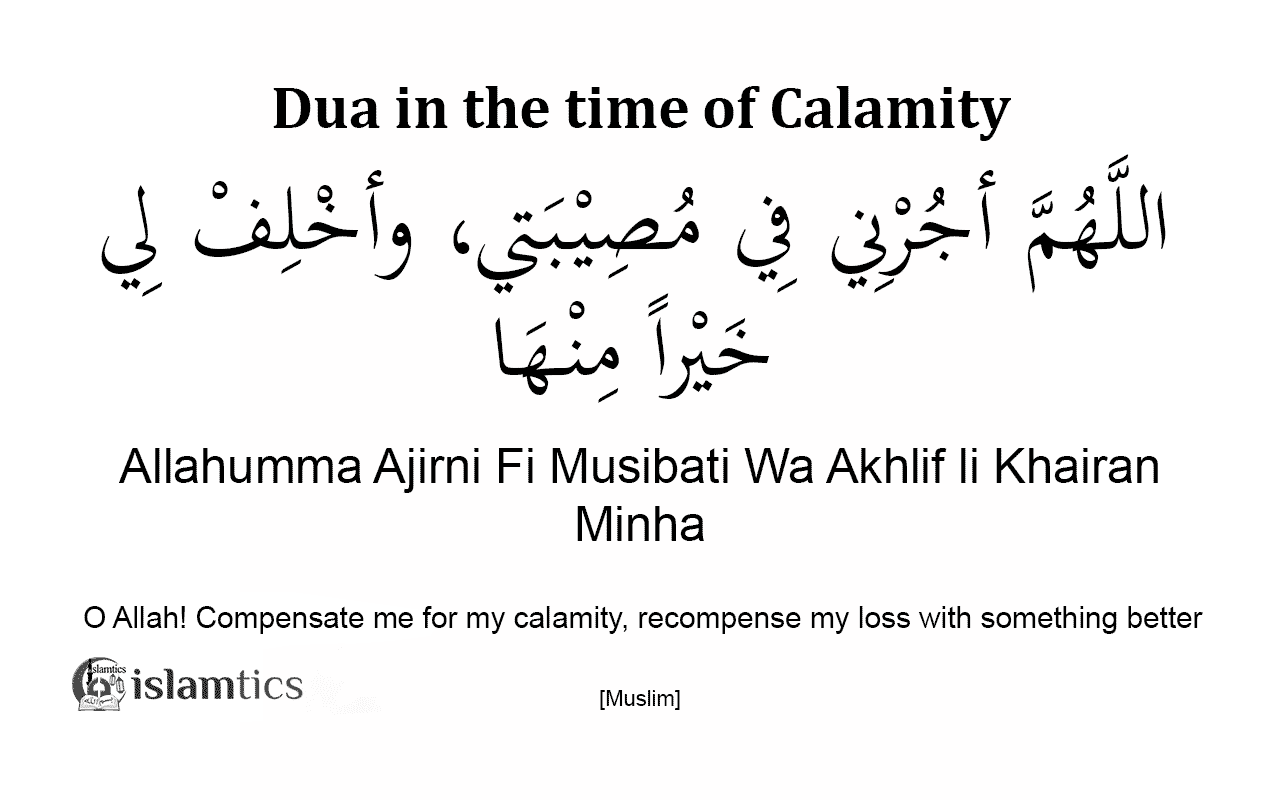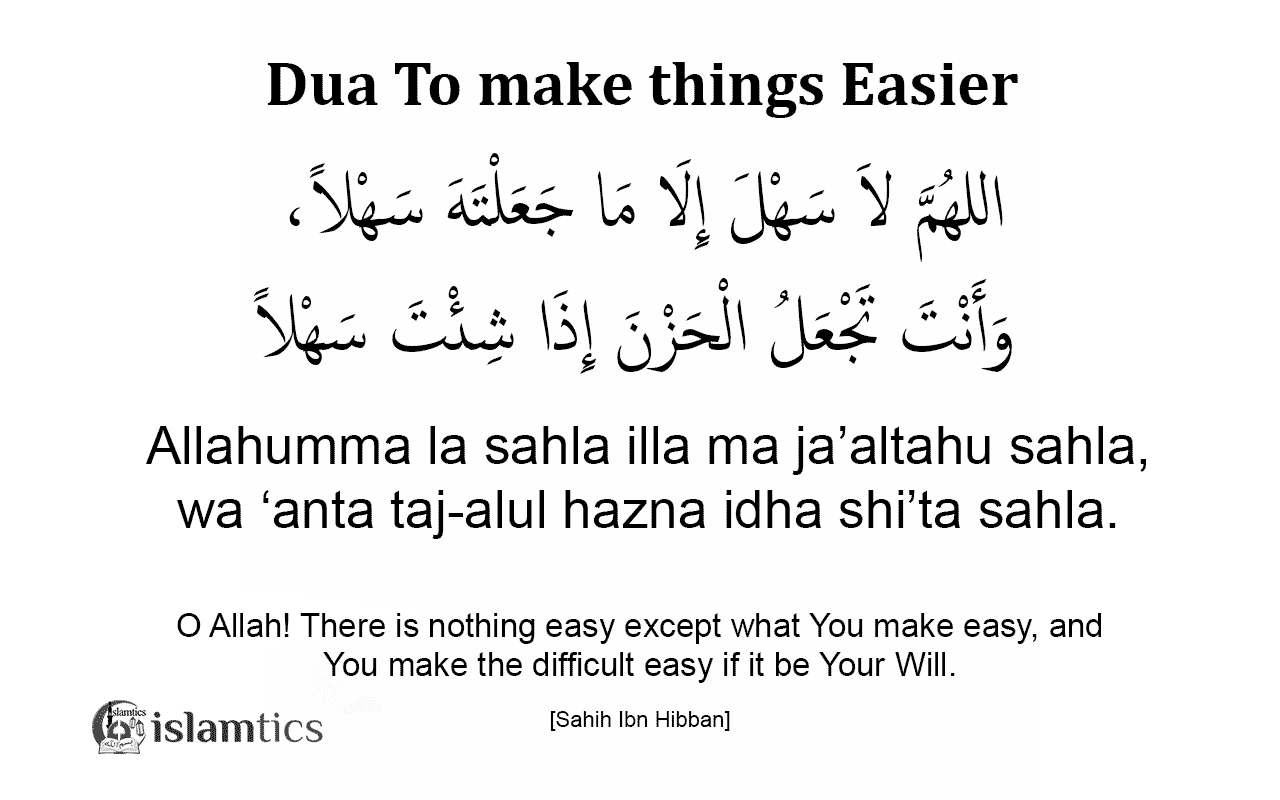Allahumma Khirli Wakhtarli Hadith - Seeking Divine Guidance
Table of Contents
- Understanding the Call to Guidance
- What is the core meaning behind Allahumma khirli wakhtarli hadith?
- How does Allahumma serve as a way to connect with Allah?
- Why do people use phrases like Allahumma khirli wakhtarli hadith for support?
- Can we truly grasp the depth of Allahumma khirli wakhtarli hadith?
- What kind of help can we ask for with Allahumma khirli wakhtarli hadith?
- Is Allahumma khirli wakhtarli hadith a common practice?
- How does Allahumma khirli wakhtarli hadith fit into daily life?
- What makes Allahumma khirli wakhtarli hadith so powerful for many?
Many people, at different points in their lives, find themselves looking for a little direction or some clarity, a gentle push in the right way when things feel uncertain. It’s a pretty common human experience, this desire for a bit of help from something bigger than ourselves. When you hear the phrase "Allahumma khirli wakhtarli hadith," it points to this very deep, very personal wish for divine guidance, a way of reaching out to the One who knows all paths.
The word "Allahumma" itself, you know, is really just a special way to talk to Allah, the one God in Islam. It’s like saying "O Allah" or "Ya Allah," a direct and personal way to address the Creator. This particular form of address, so it seems, carries a certain weight, a kind of respectful directness that people feel when they want to speak from the heart.
So, when a phrase starts with "Allahumma," it’s already setting the stage for a humble request, a sincere asking for something important. People use these kinds of expressions to seek out help, to ask for good things to come their way, or even to ask for forgiveness. The idea behind it is simply reaching out to the divine, hoping for a response that brings peace or a way forward.
- Was George Reeves And Christopher Reeves Related
- Fwtina Leaks
- Asx1co%D0%BC
- Berta Hattel
- How To Subscribe To Chatgpt Plus From Iran
What is the core meaning behind Allahumma khirli wakhtarli hadith?
When we think about the phrase "Allahumma khirli wakhtarli hadith," the "Allahumma" part, as we touched on, is a direct call to the one God. It’s a very simple, yet quite deep way to begin any prayer or request. The source text tells us that "Allahumma" is really just the name of Allah, used in a way that means "O, Allah" or "Ya Allah." This makes it clear that the whole point of saying it is to get the attention of the divine, to truly speak to the highest power.
People often feel a need for guidance, especially when faced with choices or when life feels a bit hazy. This kind of phrase, "Allahumma khirli wakhtarli hadith," speaks to that very human need for direction. It suggests a desire for Allah to make the right choice clear, to show the best path. It's almost like asking for a helping hand in a situation where you might not know what to do next.
The general spirit of using "Allahumma" in any supplication is about putting your trust in a higher power. It's about recognizing that there are things beyond our own ability to control or understand, and that a greater wisdom might be needed. So, when someone says "Allahumma khirli wakhtarli hadith," they are, in a way, handing over their worries and hopes for a better outcome to Allah, trusting in His ultimate wisdom.
- George Reeves Christopher Reeves Related
- Lara Rose Birch Erome
- How To Purchase Chatgpt Plus In Iran
- Best Time To Visit Pathivara
- Somali Hub Telegram Link
This practice of calling upon Allah is something that has been done for a very long time, you know, across many generations. It’s a deeply ingrained part of how people connect with their faith. The phrasing itself, "Allahumma khirli wakhtarli hadith," implies a desire for goodness and for the best decision to be made, showing a hopeful outlook and reliance on divine assistance.
How does Allahumma serve as a way to connect with Allah?
The word "Allahumma" is, quite simply, a term used to speak directly to Allah. It’s like a special form of address, a way of getting straight to the point when you want to talk to the Divine. Our source material explains that it’s the same as saying "O Allah" or "Ya Allah," making it a very direct and personal form of communication. This directness is pretty important for people who want to feel a strong connection.
When someone says "Allahumma khirli wakhtarli hadith," they are, in a very real sense, opening up a conversation with their Creator. It’s not just a word; it’s an invocation, a calling out. This act of calling out helps people feel closer to Allah, like they are truly being heard. It creates a feeling of presence, a sense that their words are going somewhere important.
This kind of address is used in many different prayers, or duas, as they are called. It shows that people use it when they want to ask for something, express gratitude, or simply acknowledge Allah's greatness. The use of "Allahumma" within phrases like "Allahumma khirli wakhtarli hadith" helps to make the prayer feel more personal and more powerful, almost like a direct line to the divine.
It’s a powerful way to express one's reliance and trust. When you use "Allahumma," you are, in effect, recognizing Allah as the one who can provide what you need, whether it's guidance, help, or blessings. This recognition strengthens the bond between the individual and their faith, making the connection feel more solid and real.
Why do people use phrases like Allahumma khirli wakhtarli hadith for support?
People often turn to phrases like "Allahumma khirli wakhtarli hadith" when they need a sense of support, a feeling that they are not alone in their struggles or decisions. The very act of uttering "Allahumma" is a humble request to Allah for help and assistance. It’s a way of saying, "I need you, and I’m asking for your help." This reliance on a higher power can bring a lot of comfort and inner strength.
Our source text mentions that "Allahumma" is commonly used by Muslims to address Allah, seeking His help, His guidance, and His blessings. This means that when someone recites "Allahumma khirli wakhtarli hadith," they are tapping into a long-standing tradition of seeking divine intervention. It’s a way of drawing on a spiritual reservoir of strength that is always there.
In times of difficulty, people naturally look for something to hold onto. A phrase like "Allahumma khirli wakhtarli hadith" provides that anchor. It’s a simple yet very effective way to express a deep need and to feel that a response is possible. This kind of supplication can help quiet worries and bring a sense of peace, knowing that one has turned to the ultimate source of all good.
The act of making such a request, especially one that starts with "Allahumma," can also help people organize their thoughts and feelings. It provides a structured way to articulate what they are hoping for, and this process itself can be very calming. It’s a way of letting go of some of the burden and placing it in the hands of the Divine, which is, you know, pretty reassuring.
Can we truly grasp the depth of Allahumma khirli wakhtarli hadith?
Understanding the full meaning of "Allahumma khirli wakhtarli hadith" involves more than just knowing what each word means; it’s about feeling the intention behind it. The source material asks, "Have we truly understood what Allaahumma means?" This question points to the deeper significance of such phrases. It suggests that there's a richness to these words that goes beyond their simple translation.
When someone says "Allahumma khirli wakhtarli hadith," they are not just saying words; they are expressing a profound trust and a deep desire for Allah's best choice for them. This kind of expression comes from a place of humility and a recognition of divine wisdom. It’s about acknowledging that Allah's plan is always the most perfect, even if we don't understand it at the moment.
The depth comes from the personal connection it fosters. Each time someone recites "Allahumma khirli wakhtarli hadith," they are renewing their bond with Allah, affirming their belief in His power to guide and to provide. This repeated act of calling out strengthens faith and creates a sense of closeness that is, you know, very unique to spiritual practice.
It's a reminder that even when things seem unclear or choices feel hard, there is a higher power to turn to. The phrase itself becomes a vessel for hope and reliance. So, in a way, truly grasping its depth means feeling that reliance and that hope in your heart, not just in your mind. It’s about letting the words resonate with your deepest needs and aspirations.
What kind of help can we ask for with Allahumma khirli wakhtarli hadith?
When someone says "Allahumma khirli wakhtarli hadith," they are, in essence, asking for Allah's choice and guidance in their affairs. The source text broadly describes "Allahumma" as an invocation seeking help, guidance, blessings, or forgiveness. This means the scope of what one can ask for is pretty wide, covering many aspects of life.
For instance, if someone is facing a big decision, like a career change or a move to a new place, they might say "Allahumma khirli wakhtarli hadith" to ask for the best outcome. They are not just asking for a specific answer, but for Allah to make the choice that is truly good for them, even if it's not what they initially expected. It’s a request for wisdom and foresight beyond their own.
The request for guidance is a significant part of this. Life, you know, can be full of twists and turns, and sometimes it's hard to see the right path. By using this phrase, people are asking Allah to illuminate their way, to show them what is correct and beneficial. It's a plea for clarity when things feel foggy, a pretty common feeling for many.
Beyond specific choices, the phrase also implies a desire for general well-being and blessings. It's about wanting Allah's favor in all matters, big or small. This could mean asking for health, for peace in the family, or for success in endeavors. It’s a comprehensive way of asking for Allah’s good will to be present in one’s life, which is, you know, a very comforting thought.
And, of course, the general spirit of "Allahumma" includes asking for forgiveness. While "khirli wakhtarli" points more towards guidance and choice, the overall context of addressing Allah in this way always includes the possibility of seeking His mercy for any shortcomings. It’s a complete package of turning to the Divine for all needs.
Is Allahumma khirli wakhtarli hadith a common practice?
The use of "Allahumma" in prayers is very common among Muslims, as our source material makes clear. It’s described as an Arabic phrase frequently used in Islamic prayers and as an invocation directed towards Allah. So, while "Allahumma khirli wakhtarli hadith" might be a specific phrase, the "Allahumma" part is definitely a widely accepted and practiced way to begin a supplication.
Many different duas or invocations start with "Allahumma." For example, the source mentions "Allahumma inni zalamtu nafsi" for seeking forgiveness, and "Allahumma la sahla" for times of difficulty, and "Allahumma barik" for blessings. This shows that "Allahumma" is a versatile and recognized opening for various kinds of requests. So, it's pretty much a staple in daily spiritual life for many.
People learn these phrases from a young age, and they become a natural part of their spiritual expression. The familiarity with "Allahumma" means that when a phrase like "Allahumma khirli wakhtarli hadith" is heard, its core meaning of addressing Allah is immediately understood. This makes it easy for people to connect with and use in their own prayers, too.
The act of calling upon Allah for guidance and support is a fundamental aspect of faith for many. Whether it’s through a specific phrase like "Allahumma khirli wakhtarli hadith" or another invocation, the underlying principle of seeking divine assistance is a deeply ingrained and common practice. It's a way of life, in some respects, for people of faith.
How does Allahumma khirli wakhtarli hadith fit into daily life?
Incorporating a phrase like "Allahumma khirli wakhtarli hadith" into daily life is about making a conscious effort to seek divine guidance in everyday situations. It’s not just for big, life-altering decisions; it can be used for smaller, everyday choices too. This makes the practice very practical and accessible for anyone looking for a little extra help.
For instance, before starting a new project at work, or perhaps when deciding what to cook for dinner, a person might, in their heart, utter "Allahumma khirli wakhtarli hadith." It’s a way of inviting divine wisdom into even the most mundane aspects of existence. This kind of continuous reliance can bring a sense of calm and purpose to one's actions, you know.
The source text points out that "Allahumma" is a beautiful and powerful invocation that can be used in various situations. This flexibility means that "Allahumma khirli wakhtarli hadith" can be adapted to fit many different moments throughout the day. It’s a constant reminder that Allah is present and ready to hear our requests, no matter how small they might seem.
It also serves as a way to cultivate mindfulness and a deeper connection to faith. By regularly turning to Allah for guidance, people become more aware of their intentions and their actions. This consistent practice helps to shape a more purposeful and spiritually aware way of living, which is, like your, pretty beneficial for overall peace of mind.
So, it’s not about waiting for a crisis to use such a phrase. It’s about building a habit of seeking good and right choices in all things, making it a natural part of one’s daily rhythm. This continuous seeking of "Allahumma khirli wakhtarli hadith" can truly transform how one approaches life's many paths.
What makes Allahumma khirli wakhtarli hadith so powerful for many?
The power of "Allahumma khirli wakhtarli hadith" comes from several key aspects, as suggested by our source material’s general description of "Allahumma." First, it’s a direct address to Allah, the one God. This directness makes the invocation feel incredibly personal and immediate. People feel that their words are going straight to the highest authority, which is, you know, very comforting.
Second, it’s a humble request. When you say "Allahumma khirli wakhtarli hadith," you are acknowledging that you need help and that Allah is the ultimate source of all good. This humility opens the door for divine assistance, as it shows a recognition of Allah's supreme power and wisdom. It's a simple, honest plea.
Third, the phrase is a form of supplication, which is itself a powerful act in faith. The source mentions that "Allahumma" is an invocation or supplication directed towards Allah seeking His help, guidance, blessings, or forgiveness. The act of asking, with sincerity, is believed to be a way to receive what is needed. This belief in the effectiveness of prayer adds to its power.
Moreover, the consistent use of such phrases helps to build a stronger spiritual foundation. Each time someone says "Allahumma khirli wakhtarli hadith," they are reinforcing their faith and their reliance on Allah. This repeated affirmation strengthens their inner resolve and helps them face challenges with a greater sense of peace, knowing they have sought divine support.
Finally, the collective practice of using "Allahumma" across communities adds to its strength. When many people use similar invocations, it creates a shared spiritual experience that reinforces the meaning and importance of these words. This shared understanding makes "Allahumma khirli wakhtarli hadith" not just a personal prayer, but part of a larger, deeply rooted tradition that is, you know, very enduring.
- Hattel Alan Berta
- Was Christopher Reeves And George Reeves Related
- Is Christopher Reeves And George Reeves Related
- Ren%C3%A9e Pilar Estevez
- Many Summers Later Gravity Falls

Allahumma Khirli Wakhtarli Meaning, in Arabic & Benefits | islamtics

Allahumma Khirli Wakhtarli Meaning, in Arabic & Benefits | islamtics

Allahumma Khirli Wakhtarli Meaning, in Arabic & Benefits | islamtics